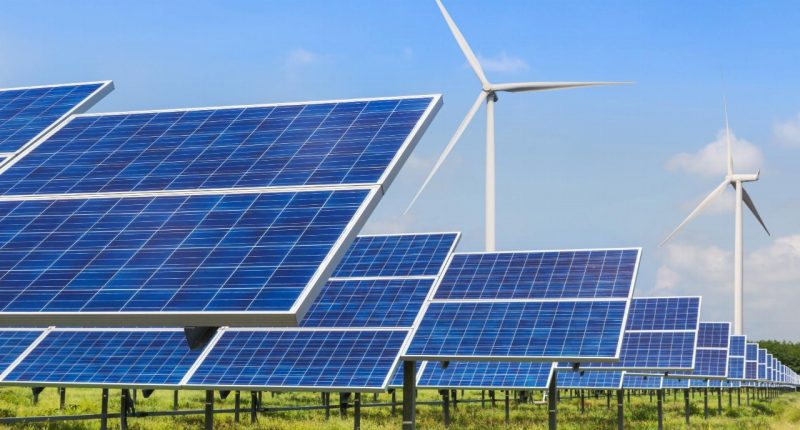Australian private sector progress on decarbonisation could stall in 2024 if macro conditions remain the same, according to an ESG report from Engie Impact.
Engie is a French energy multinational with a well-established presence down under, spearheading renewables projects in multiple states.
However, the company has issued a warning for the pace of Australia’s overall corporate enthusiasm for the ESG thematic.
The survey quizzed 500 executives from companies with more than 10,000 employees.
Some 48 per cent of Australian respondents said they would reduce spending on “decarbonisation activity” should macroeconomic conditions remain undesirable.
Australia diverges from global peers
But perhaps most revealing is where Australian ESG leaders differ from their global counterparts.
Compared to 33 per cent globally, only 16 per cent of Australian executives thought having a “leading sustainability strategy” would provide “material” competitive advantages.
And yet – 48 per cent believe their own company’s progress is superior to that of competitors.
If you wanted to paint Australians as a stereotype: the results do seem to underline a “she’ll be right” attitude.
At the same time, 67 per cent of domestic respondents said they believed current efforts were sufficient.
Interestingly, less than 30 per cent of Australian respondents named decarbonisation as a “commercial issue” for their operations.
Engie finds that the issue of skilled labour shortages may also be hampering progress in Australia’s decarbonisation private sector-facing trajectory.
“When asked about the three biggest inhibitors of implementing decarbonisation … lack of specialist skills [was selected by 42 per cent of respondents].”
Another 42 per cent pointed towards having no organisational capacity, or, “too many other priorities”.
Potential long-term detriment
Engie Impact Managing Director Australia James Ramsay said the results don’t bode particularly well for the ESG thematic broadly.
“Amid a requirement to be seen as good corporate citizens … spending less on decarbonisation in the near-term could prove detrimental to an organisation in the long-term,” he said.
He called the results a “huge” drop in sentiment, but, provided context as he sees it.
“Last year’s Net Zero report found that many Australian organisations had undertaken the quick wins required to decarbonise.
“Now, they’re at that next stage which can be more complex and more costly.”
The findings of this survey threaten to clash with analysis from investment bank UBS released late last year suggesting ASX investors could bet on a resurgence in the ESG thematic through H2 2024.
The COVID-19 era, which plunged the world into an energy crisis in some way or another, was widely seen as a moment that required corporate social responsibility concerns to take the back burner.
But with global warming well-established and not going anywhere; crude oil prices returning to something of a normal level (along with gas), and supply chain issues smoothing out – whether companies really will be punished for dismissing ESG remains to be seen.
Australia’s largely conservative nature (despite being home to a passionate greenie movement) is surely also part of the current picture.

